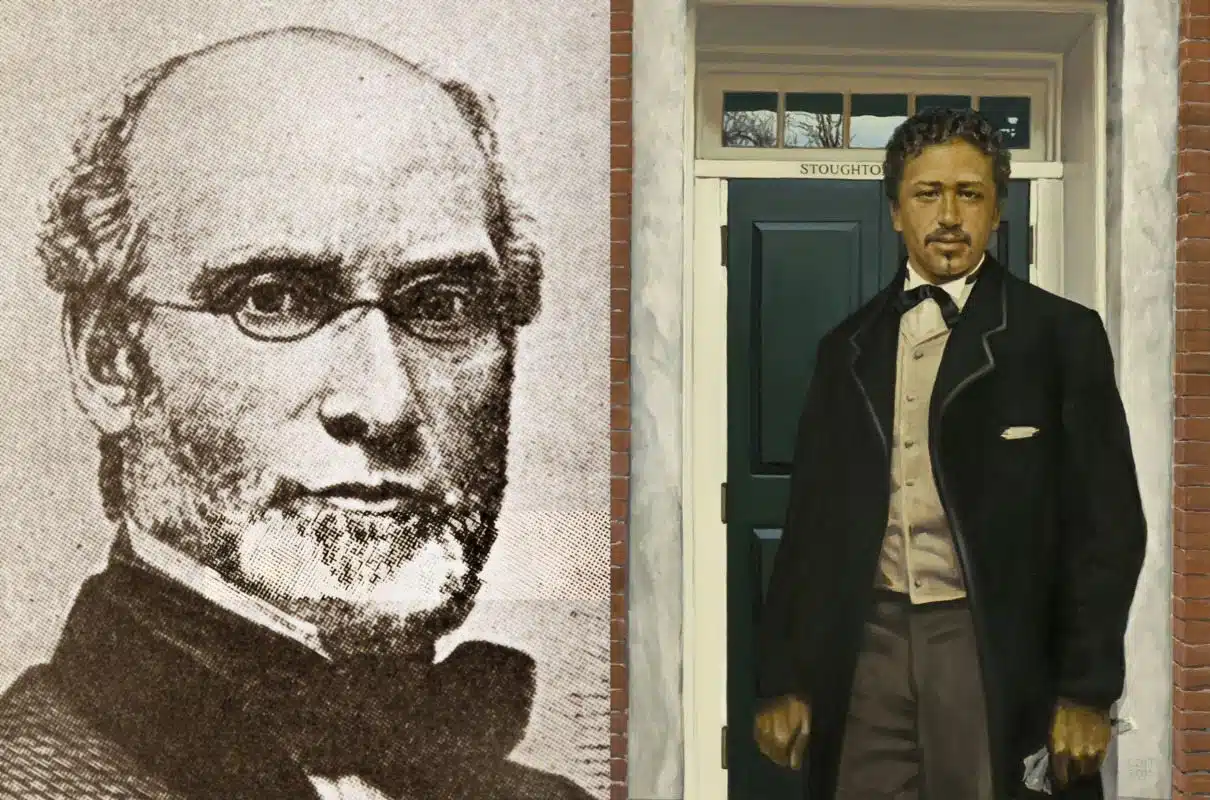Richard Theodore Greener was an African-American lawyer, educator, and diplomat. He was the first black person to graduate from Harvard University.

Richard Theodore Greener was an African-American lawyer, educator, and diplomat. He was the first black person to graduate from Harvard University.
